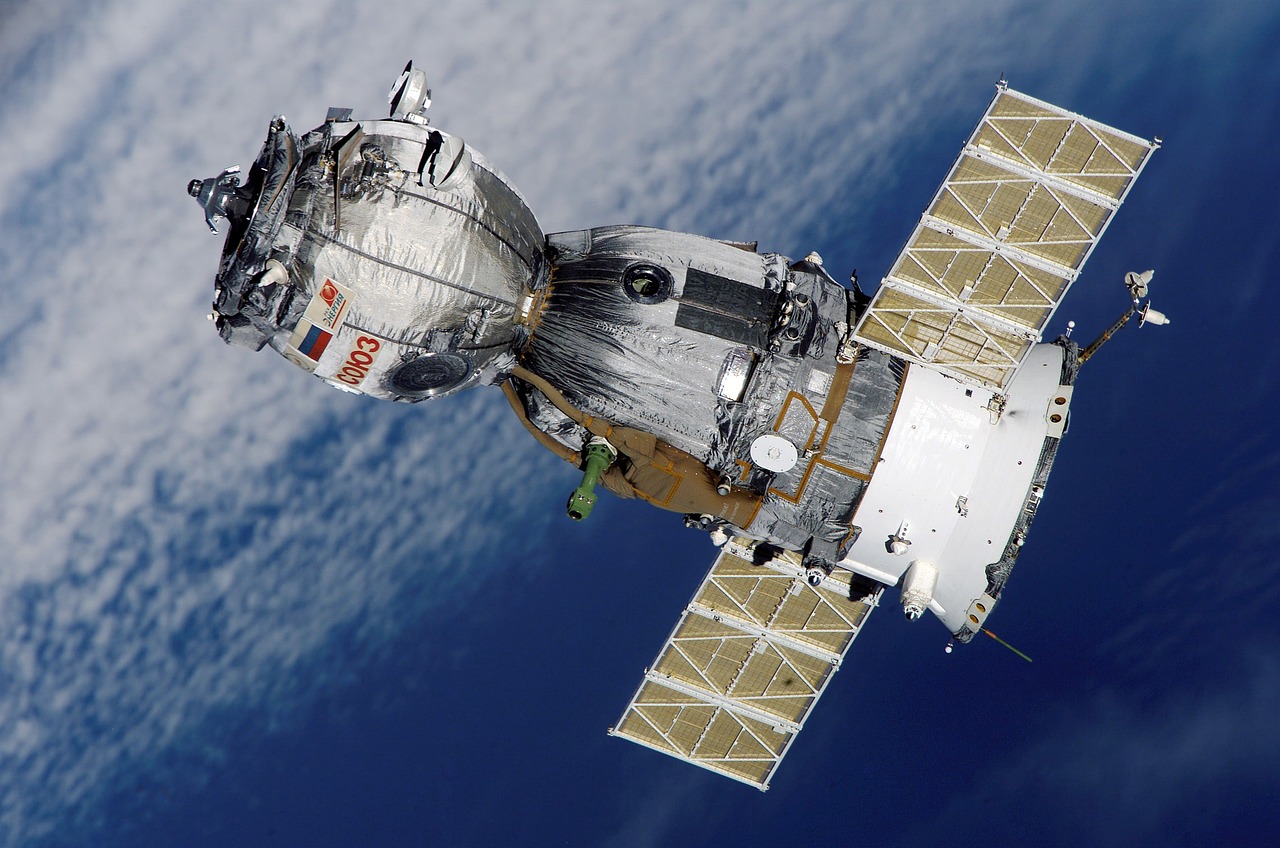Title: The Legal Landscape of Space Mining
In an era of unprecedented technological advancement, the frontiers of human exploration have expanded beyond Earth's atmosphere. As private companies and governments set their sights on celestial bodies for potential resource extraction, the legal framework governing space mining has become a pressing concern. This article delves into the complex legal landscape surrounding the emerging industry of space mining, examining current regulations, international treaties, and the challenges that lie ahead.

The Space Act of 2015: A Game-Changer for Commercial Space Activities
The U.S. Commercial Space Launch Competitiveness Act of 2015, commonly known as the Space Act, marked a significant shift in space law. This legislation explicitly grants U.S. citizens the right to own and sell space resources they extract, providing a legal framework for commercial space mining operations. The Act has sparked both enthusiasm and controversy, raising questions about its compatibility with international space law.
International Reactions and Competing Legislations
Following the U.S. Space Act, other nations have begun to develop their own space resource laws. Luxembourg, for instance, passed legislation in 2017 establishing a legal framework for space mining companies. The United Arab Emirates and Japan have also introduced similar laws. These national initiatives have led to a patchwork of regulations, highlighting the need for a cohesive international approach to space resource utilization.
The Hague International Space Resources Governance Working Group
In response to the growing need for international cooperation on space mining regulations, The Hague International Space Resources Governance Working Group was established in 2016. Comprised of experts from various countries, the group aims to develop a set of Building Blocks for the Development of an International Framework on Space Resource Activities. While non-binding, these recommendations could serve as a foundation for future international agreements.
Legal Challenges and Ethical Considerations
As the space mining industry inches closer to reality, several legal and ethical challenges emerge. The concept of property rights in space remains contentious, with some arguing that current laws violate the principles of the Outer Space Treaty. Environmental concerns also arise, as unregulated mining activities could potentially harm celestial bodies or create dangerous space debris. Additionally, questions of benefit-sharing and equitable access to space resources for developing nations have sparked debates about social justice in space exploration.
The Role of International Organizations and Future Prospects
The United Nations Committee on the Peaceful Uses of Outer Space (COPUOS) plays a crucial role in addressing the legal challenges of space mining. As the primary international forum for space law discussions, COPUOS is working to develop guidelines for the long-term sustainability of outer space activities. The future of space mining law will likely involve a delicate balance between encouraging innovation and ensuring responsible, equitable use of space resources for the benefit of all humanity.
In conclusion, the legal landscape of space mining is rapidly evolving, shaped by national legislations, international discussions, and technological advancements. As we stand on the brink of a new era in space exploration and resource utilization, the development of a comprehensive, widely-accepted legal framework for space mining will be crucial in ensuring the peaceful and sustainable use of outer space resources.






